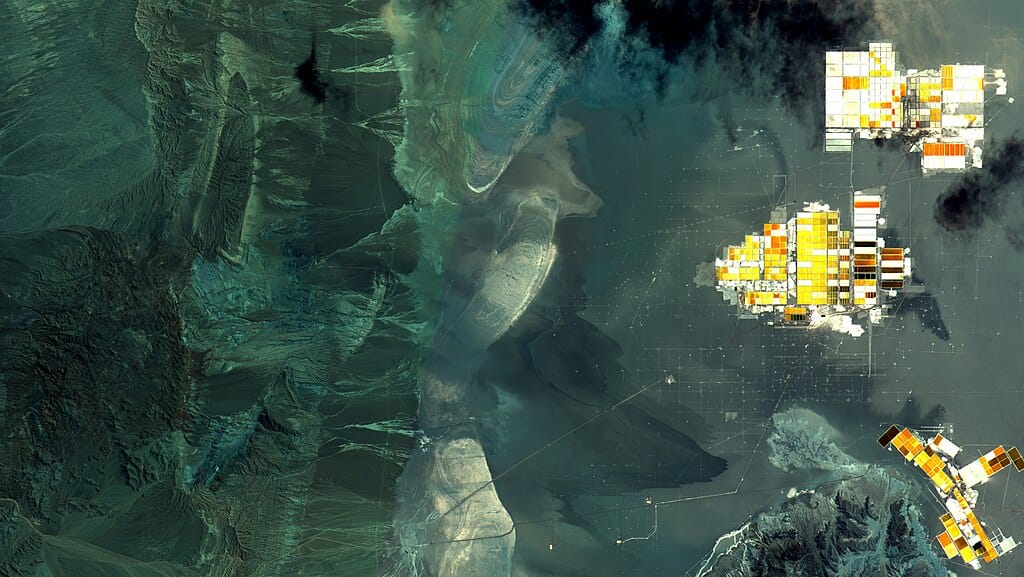The Diminished Prospect of a Lithium OPEC: Diverging Paths in the Lithium Triangle

Latin America’s “Lithium Triangle,” comprising Argentina, Chile, and Bolivia, holds approximately 60% of the world’s known lithium reserves, making it a critical region for the global transition to renewable energy and electric vehicles (EVs). However, despite the immense potential for collaboration, the prospect of these three nations forming an OPEC-style lithium cartel has diminished. Diverging economic models, political priorities, and production strategies have made coordination unlikely, even as global demand for lithium surges.
This report examines the factors contributing to the failure of a unified lithium cartel in the region, the individual approaches of Argentina, Chile, and Bolivia to lithium extraction, and the broader implications for global energy markets and Latin America’s role in the green transition.
The Vision of a Lithium OPEC
The idea of a lithium cartel emerged in 2022 as Argentina, Chile, and Bolivia began discussions about coordinating production and pricing strategies for lithium. Inspired by OPEC’s model for oil-exporting nations, this proposed alliance aimed to:
- Strengthen control over global lithium markets.
- Increase revenues from lithium exports by stabilizing prices.
- Promote local processing and value-added production to capture more of the supply chain.
However, while OPEC succeeded in centralizing control over oil markets by uniting countries with similar production models, the Lithium Triangle faces significant structural and political hurdles that make such coordination far more challenging.




